I used an Execute SQL Task to store the dates (results) as a Result Set in a user defined variable. Then, inside the foreach loop container, I used the foreach ADO Enumerator on the user defined variable which has the set of dates. Using the variable mapping in the foreach loop container, you can map the start_date and end_dates from the user defined variable and pass it to other variables.
For example:
I have a SELECT statement which selects 2 rows with columns start_date and end_date. This will be stored as a result set in a variable called "main_dates". The foreach ADO Enumerator will enumerate on this "main_dates" variable (for each row in main_dates run the for loop). Then in the Variable Mapping section, you can create 2 new variables called u_start_date and u_end_date and map the columns 0 and 1 to these variables.
Inside the foreach loop whenever you execute a stored procedure, you can pass the u_start_date and u_end_date variables as parameters.

